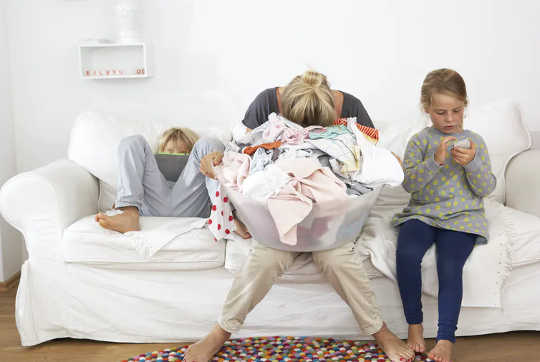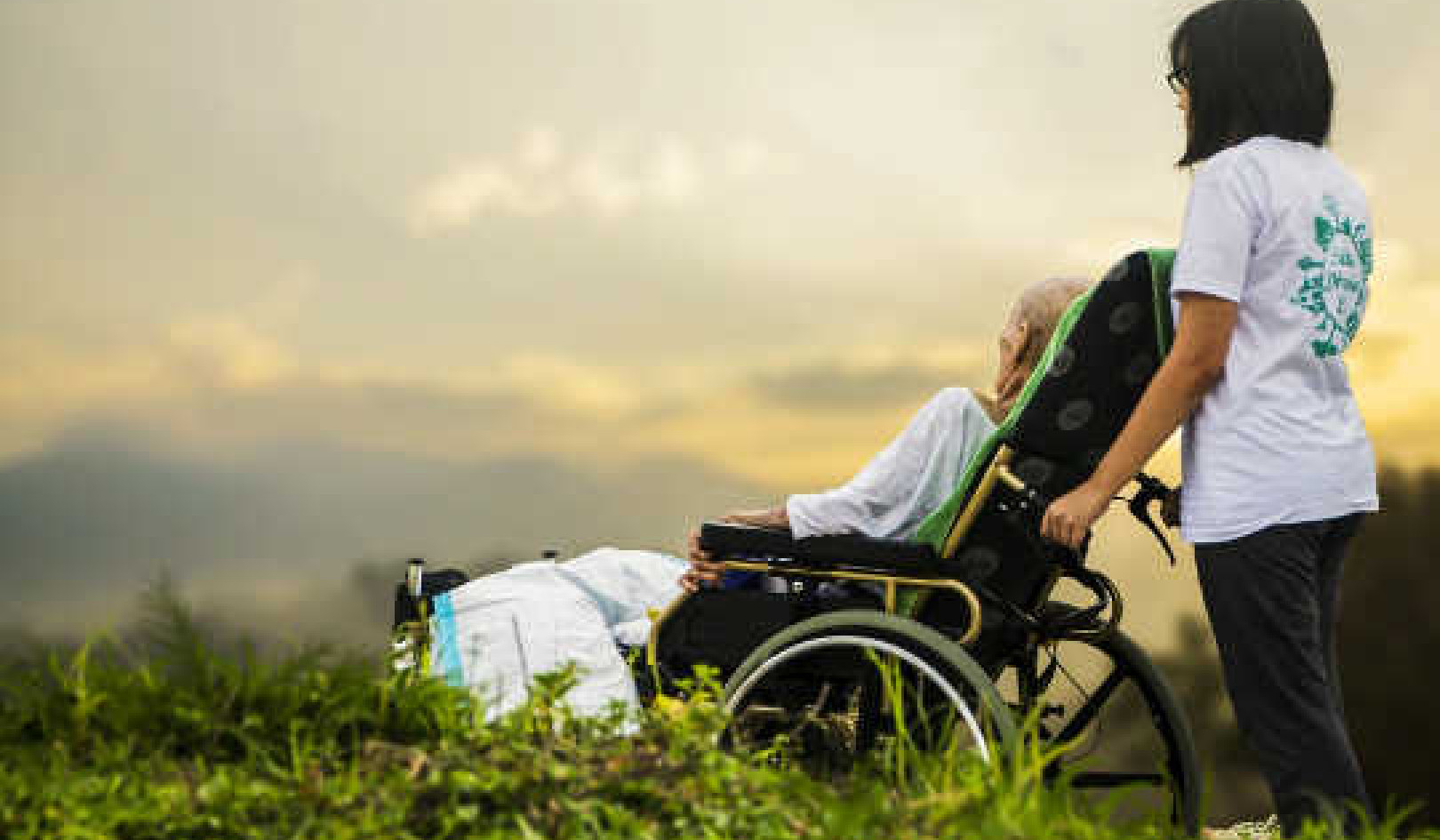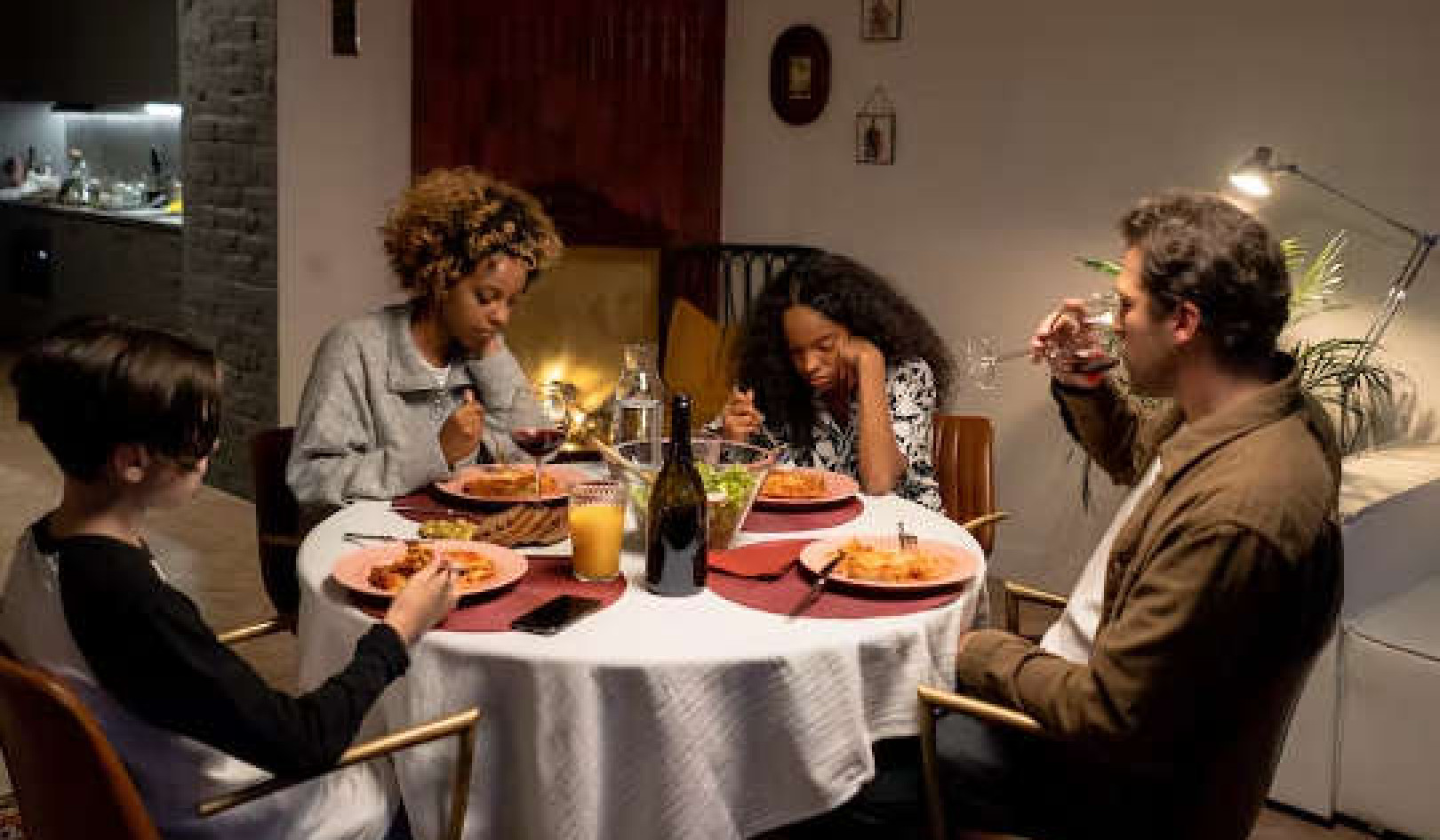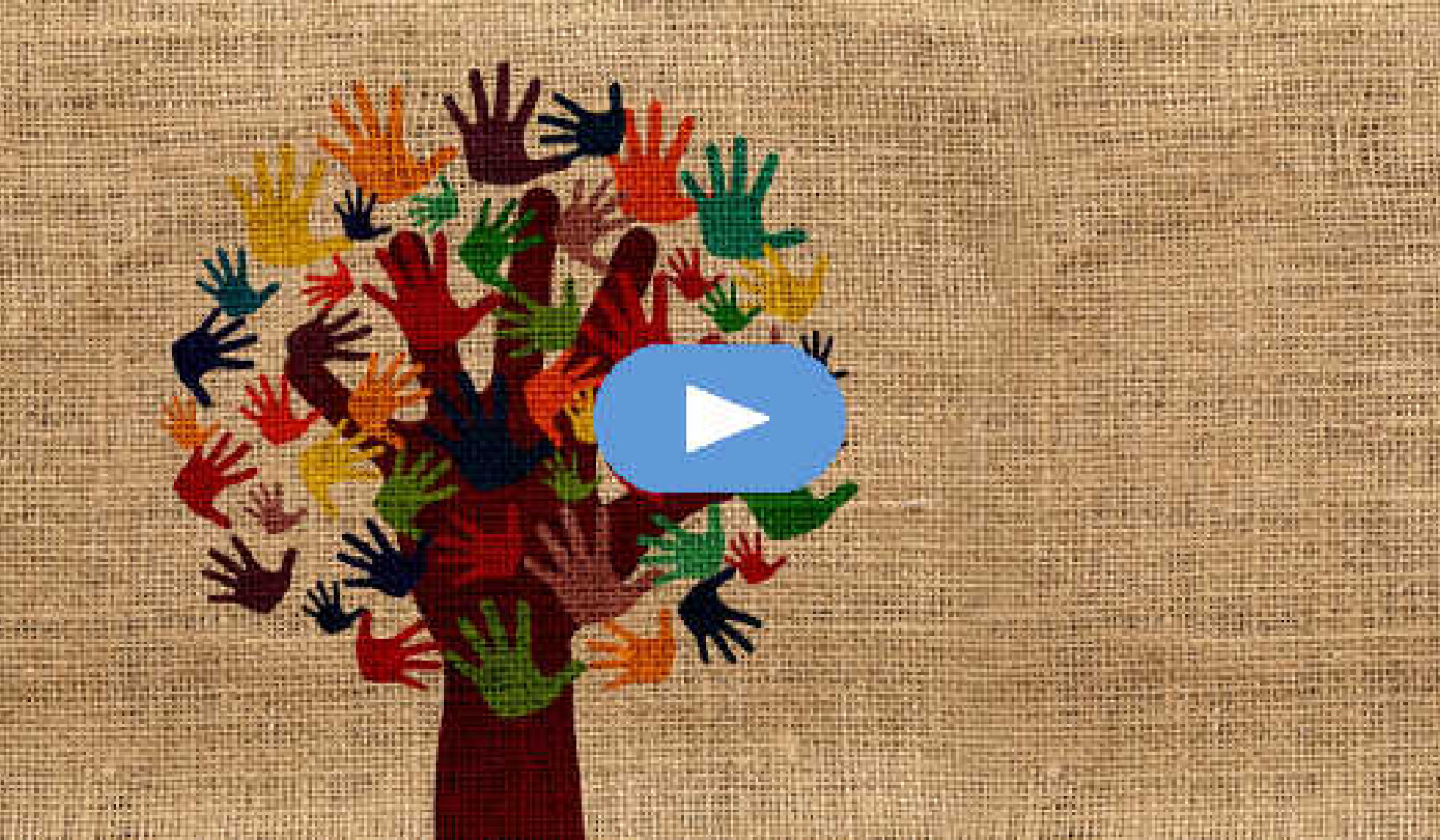
Many families have had a hard time since schools and day care centers had to shut their doors. Westend61/Getty Images
Parents and children surveyed about the COVID-19 pandemic in late April and early May of 2020 – when most schools and day care providers closed their doors – said they had become more stressed out. In response to our questions about their feelings and thoughts, these 183 parents in Western states who were between the ages of 18 and 55 years old replied that their mental and physical health and interactions with others have deteriorated. Most of the families who participated were white (66.7%), 21.3% were Latino, 7.1% identified as mixed race or “other” and 4.9% were Black.
Parents who had lost their jobs and other sources of income, were unable to see family or friends, struggled to oversee their children’s schoolwork or had many anxiety and depressive symptoms were more likely to feel stressed, as indicated by responses to 10 items each on a scale of 0-4. They were also more likely to be at risk for abusive parenting.
At the same time, parents said they were finding ways to alleviate stress and its consequences. For example, parents who perceived that they had more control over their lives during the early months of the COVID-19 pandemic and who felt like they had enough people who they could rely on for comfort, support and encouragement were less likely to feel stressed out or exhibit signs that they were at risk of abusive parenting.
Why it matters
Officially, reported child abuse cases are declining, according to the initial data. That’s consistent with other data showing declines in child maltreatment reports when school isn’t in session, because when children stay home, abuse is more likely to go unnoticed. But this trend doesn’t necessarily mean that incidents are down. Indeed, hospitals are reporting that they are seeing more evidence of children injured due to abuse during the COVID-19 pandemic.
What other research is being done
The pandemic has increased the prevalence of many common sources of family stress, placing children at risk of abuse and neglect. Several studies indicate that when parents can’t secure child care or housing or get jobs, it can increase children’s vulnerability to maltreatment.
However, it is promising that families are also using several strategies to deal with the pandemic, such as turning to hobbies or other activities to make the situation better or seeking comfort or advice from others.
What still isn’t known
Many communities, including those in districts sticking with distance learning as the 2020-2021 school year gets underway, are increasing their efforts to protect and support vulnerable children. We believe that some of the best ways they can do their part is by offering counseling services and free food as well as consistently checking in with families to spot evidence of extreme family stress.
How do we do our work
We are developmental and social scientists who work with families. We study parent-child relationships and stress.![]()
About the Authors
Samantha M. Brown, Assistant Professor, Colorado State University and Jenalee Doom, Assistant Professor of Psychology, University of Denver
This article is republished from The Conversation under a Creative Commons license. Read the original article.

Related Books:
Here are 5 non-fiction books on parenting that are currently Best Sellers on Amazon.com:The Whole-Brain Child: 12 Revolutionary Strategies to Nurture Your Child's Developing Mind
by Daniel J. Siegel and Tina Payne Bryson
This book provides practical strategies for parents to help their children develop emotional intelligence, self-regulation, and resilience using insights from neuroscience.
Click for more info or to order
No-Drama Discipline: The Whole-Brain Way to Calm the Chaos and Nurture Your Child's Developing Mind
by Daniel J. Siegel and Tina Payne Bryson
The authors of The Whole-Brain Child offer guidance for parents to discipline their children in a way that promotes emotional regulation, problem-solving, and empathy.
Click for more info or to order
How to Talk So Kids Will Listen & Listen So Kids Will Talk
by Adele Faber and Elaine Mazlish
This classic book provides practical communication techniques for parents to connect with their children and foster cooperation and respect.
Click for more info or to order
The Montessori Toddler: A Parent's Guide to Raising a Curious and Responsible Human Being
by Simone Davies
This guide offers insights and strategies for parents to implement Montessori principles at home and foster their toddler's natural curiosity, independence, and love of learning.
Click for more info or to order
Peaceful Parent, Happy Kids: How to Stop Yelling and Start Connecting
by Dr. Laura Markham
This book offers practical guidance for parents to shift their mindset and communication style to foster connection, empathy, and cooperation with their children.
























